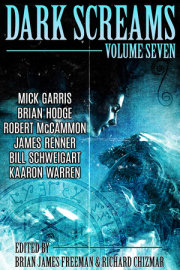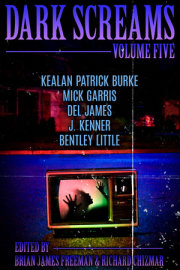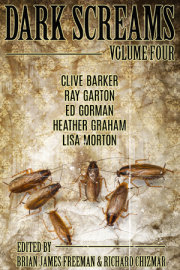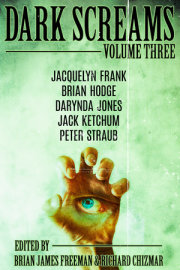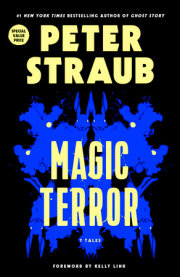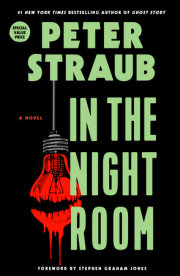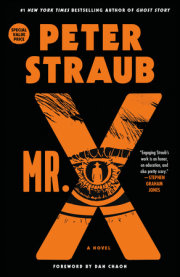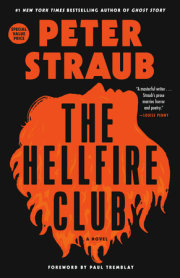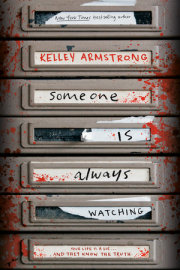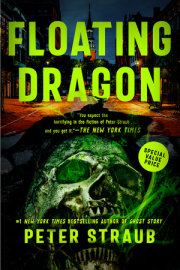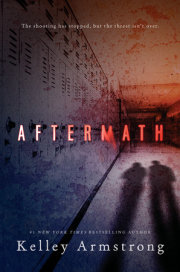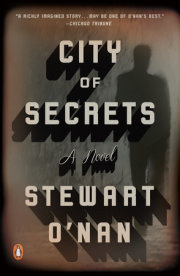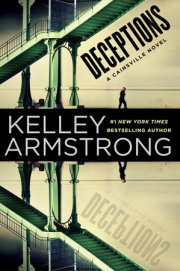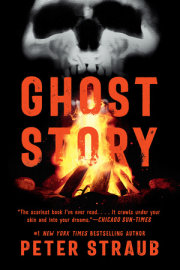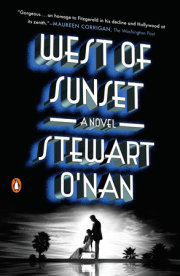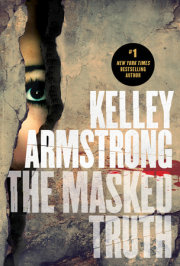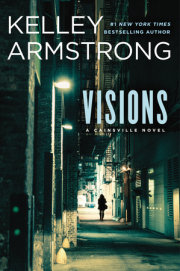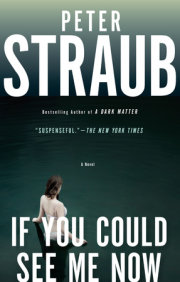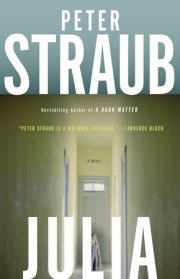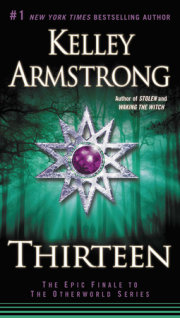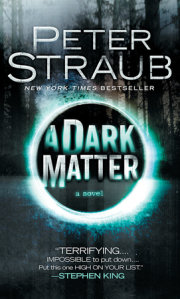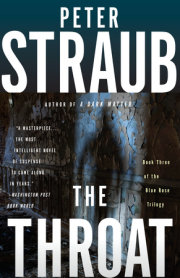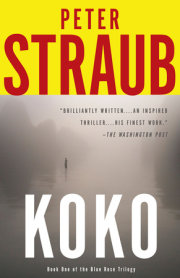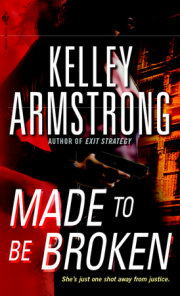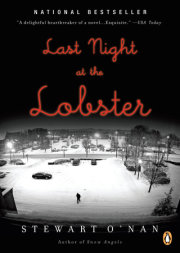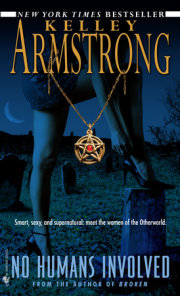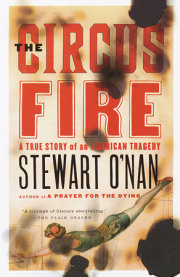The Blackout
Jonathan Moore
The storm’s eye was still a hundred miles to the southeast, but by five o’clock the wind along the coast was gale force, kicking up waves that broke across the lowest-lying roads, so that traffic patrol was keeping itself busy. They were out there in rain slickers and clear plastic ponchos, setting up cones and roadblocks from Hilo to Puna, turning cars around. There’d been radio calls all afternoon as the calm fell apart and the weather moved in, but that had just been background noise for Detective Nakahara. Interesting, but not his problem. He’d been in the station writing burglary reports. But he’d wanted to see it for himself, wanted to know what the island was in for, so on his way home, he detoured out to Banyan Drive, drove past the condos and hotels, and turned into the park that fronted the bay. A lone officer was at the edge of the soaked lawn, using yellow tape to cordon off the pedestrian bridge to Coconut Island.
The wind pulled at the tape, curving it into an arc between the bridge’s handrails. Nakahara’s headlights picked out geysers of white spray when the waves broke against the rocks under the bridge. Every time it happened, the officer ducked.
Before Nakahara could get out to help the officer, his phone rang. He checked the incoming number—Lieutenant Silva, calling from his cell.
“Sir,” Nakahara said. “You caught me going home.”
“I need you here.”
“Where’s that?”
“The Medical Center,” Lieutenant Silva said. “The basement.”
That meant the morgue.
“I’ll be there in ten minutes.”
“Come around back—it’s how she got out.”
“She?” Nakahara asked.
But his lieutenant had already hung up.
There’d been lines of traffic outside the big-box stores—on the radio, dispatch was sending units to gridlocked intersections, and to a shoving match inside the Walmart—and it was even worse around the gas stations near the airport. But going up the hill toward the hospital, that all died away. Here it wasn’t just quiet. It was dark. The streetlights were out, and there were no fixed lights in any of the houses. Candle flames glittered in his peripheral vision. Until the storm blew out, the only people busier than the police would be the linemen from the electric company.
When he drove behind the hospital, he saw the lieutenant’s truck first, and then the man himself. The truck was parked in a space near the building, but Lieutenant Silva was at the back edge of the parking lot, where the banyans growing along the riverbank made it even darker. A woman in blue scrubs was next to Silva, and both of them were searching the grass with their flashlight beams. Nakahara parked and got out of his car, taking his own light from the loop on his belt.
“Do your best not to step on anything,” Silva said.
“Yes, sir—what are we looking for?”
“This.”
Nakahara crouched next to his lieutenant and looked at the illuminated spot on the ground. The grass was bent where someone had stepped on it. The wet soil held a small heel print, the press of bare toes. In the middle, a spot of blood glistened.
“What’s going on?” Nakahara asked.
“Dr. Redstone can tell you.”
They stepped back to the parking lot.
“It doesn’t make any sense,” Dr. Redstone said.
The county didn’t have a full-time medical examiner, but she was in the rotation of doctors the chief would hire whenever the law required a postmortem. Like most doctors he’d met, Dr. Redstone’s usual demeanor was that of unflappable professionalism. But tonight, standing in the dark parking lot and listening to the whine from the hospital’s backup generator shed, she’d lost something. Her eyes were still searching the ground, and her salt-and-pepper hair was pulling free of the elastic tie she’d used to put it back in a ponytail.
“Back up and tell me from the start,” Nakahara said. “Why you called me.”
“The power went off at sunset, and the generators didn’t come on right away. It took fifteen minutes, and we were in the dark. In a hospital, that’s total chaos—I was in the morgue, but when the lights went out, I got a headlamp and a lantern, and I ran to the ER to pitch in.”
“Okay.”
“And that’s when it must have happened. I pulled the door shut behind me, and I heard it lock. Before the lights went out, everything in there was fine.”
“You’re saying someone broke into the morgue. During the blackout, while you were gone, someone broke in.”
“Or broke out,” Lieutenant Silva said.
“Give me a break, Lieutenant,” Dr. Redstone snapped. “We’ve been over that.”
“I’m saying something else,” Lieutenant Silva said. “Maybe someone was in there with you. Hiding. And after you left, he took what he wanted and broke out. That would explain the glass.”
“What glass?” Nakahara asked.
“God—this is giving me the creeps,” Dr. Redstone said. “Let’s go back inside. And before he sees the glass, he’ll want to see the freezer door.”
She started walking toward the back of the hospital, her light still scanning the pavement around her.
They used the stairs, because Dr. Redstone wasn’t entirely sure the elevators and the backup generators got along. One flight of bare concrete steps, the landings lit red by battery-powered emergency lamps over the fire doors. When they came through two sets of swinging doors and into the morgue, Nakahara would have known where they were even if the lights had been out. There was an untamed smell down here. It was heavier than the air. An invisible fog that spilled off the guttered autopsy tables and ran along the gently slanted floor until it settled in the drains and waited.
“I was over there when it happened,” Dr. Redstone said. She gestured to a small workstation with a desktop computer. A digital camera lay next to the keyboard. “When the lights went out, I mean.”
“And you went out the way we just came in?”
“That’s right.”
Nakahara looked back the way they had come. There was a clear plastic box bolted to the wall near the door. A yellow, handheld lantern standing there. Dr. Redstone was holding her headlamp in her right hand.
“You said he took something?”
“In here,” Dr. Redstone said. She led them across the main autopsy floor until they were standing in front of the walk-in freezer’s sliding steel door. Overhead, the hanging fluorescent lights were shivering in a current of air.
“This was locked.”
It should have been secured with a brass combination lock that fit through a stainless-steel hasp welded to the door. The lock was broken and on the floor. Nakahara crouched, taking a ballpoint pen from his shirt pocket. He used it to turn the lock over. It hadn’t been cut with bolt cutters. Someone simply pulled on the door until the tempered steel latch shattered.
Nakahara stood up.
“Strong guy,” he said. “What’d he take?”
Dr. Redstone slid the door open, and a wave of frigid air crashed around their feet. She leaned inside and flicked on the light, which blinked awhile before it finally held steady. Then they were looking at two rows of steel shelves. A plastic-shrouded cadaver lay on each shelf.
“When the lights went out, she was right there,” Dr. Redstone said. She was pointing at a sheet of clear plastic on the concrete floor. “And when I came back, she was gone.”
“Now show him the glass,” Lieutenant Silva said.
Copyright © 2017 by Jonathan Moore. All rights reserved. No part of this excerpt may be reproduced or reprinted without permission in writing from the publisher.




